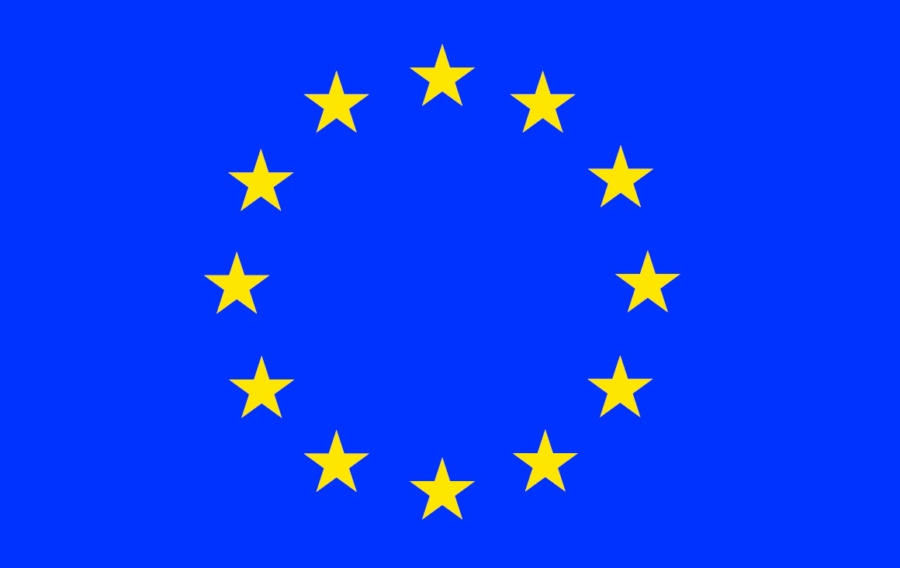
60 Pacific Quay, Glasgow G51 1DZ, United Kingdom | help@competefor.com | 0845 217 7804

Rely on facts not feelings
Are you ready to vote in the EU referendum on 23 June? The latest YouGov poll showed significant support for both sides with 13% of people still undecided.
Professionals across the country are wondering what the vote will mean for their businesses, jobs and bank balances and there is no shortage of opinions in the newspapers and on TV.
Unfortunately, these tend to be biased towards one side or another which is why the UK’s leading procurement service provider, BiP Solutions, is launching its free White Paper, EU Referendum: The Ins and Outs for Business.
The White Paper examines the referendum and its potential implications for UK exports, trade arrangements, business finance, procurement legislation and jobs – all of which will affect the country’s livelihood.
Here’s a sneak peek at the first two chapters of EU Referendum: The Ins and Outs for Business – covering Exports and Trade Agreements.
At the forefront of the referendum debate is the issue of exports. Brexit leaders argue that the EU membership fees paid by the UK outweigh the UK gains from exports to the European Economic Area (EEA). However, HM Treasury’s latest European Union Finances statistics appear to contradict this argument.
These figures show that in 2015 EU membership cost the UK £8.4bn (net sum). This cost though was outweighed by the value of UK exports to the EEA in 2015, which reached £133.9bn (HMRC UK Overseas Trade Statistics December 2015).
This trend is, however, not reflective of the wider UK export picture; as the latest (February 2016) Office of National Statistics UK Trade Statistical Bulletin shows, between November 2015 and February 2016, UK exports to non-EEA countries totalled more than those to EEA countries (£36bn compared to £33bn).
This highlights the opportunity for greater UK trade beyond the European Union, and shows the appeal of a Brexit in which the UK could form autonomous international trade partnerships, without having to negotiate with other EU members.
Another pro-Brexit argument is that, should it leave the EU, the UK could re-negotiate a deal that allowed it to trade with the EEA without having to adhere to the EU Public Contracts Regulations, which are said to cost UK businesses £33.3bn annually to implement.
However, pro-EU campaigners highlight current European law stipulates that to benefit from European Single Market trade rates countries must adhere to EU regulations.
This means that should the UK cease to do so, it would have to pay more to trade with EEA countries. Establishment of alternative trade partnerships is a challenge that could create economic instability; however, it could also create the opportunity to forge new markets and procurement practices.